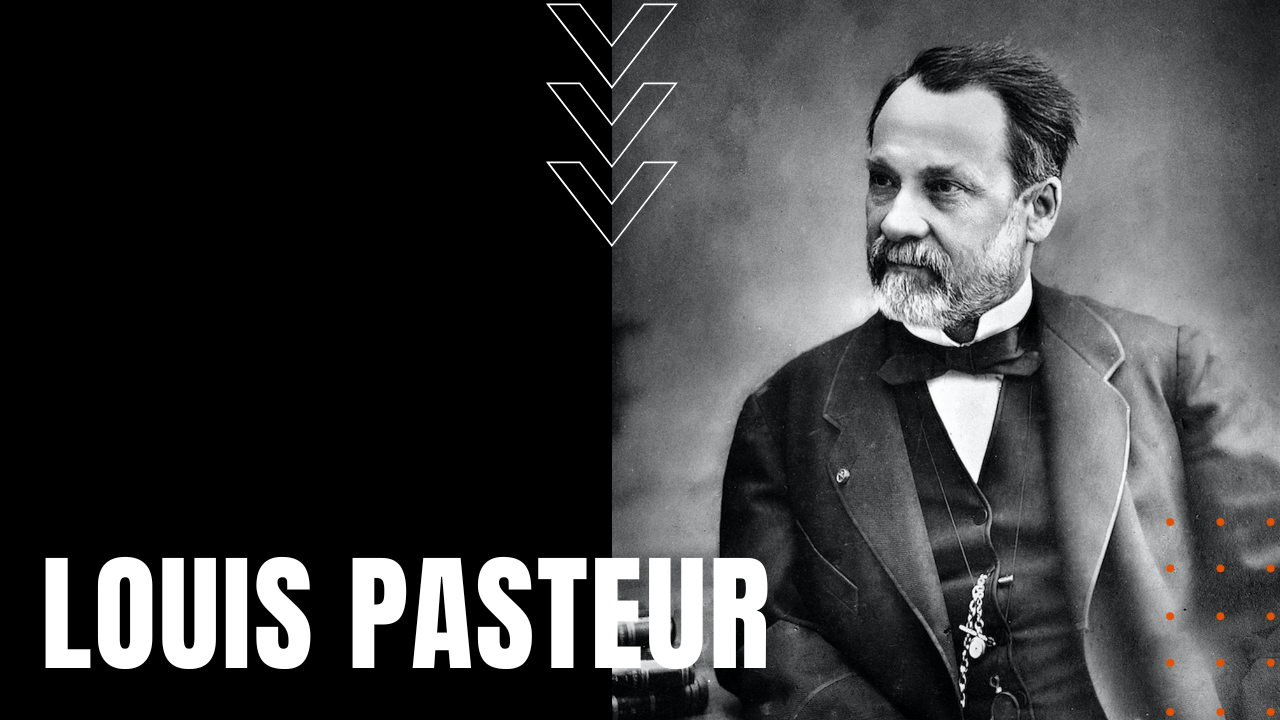Louis Pasteur

Born in 1822 Dole France, Louis Pasteur was a budding painter and a poor student until his interest in science blossomed at the Royal College of Besancon and later the École Normale Supérieure, where he earned his doctorate before accepting a professorship in chemistry at the University of Strasbourg. As a chemist, Pasteur laid the groundwork for sterochemistry as revealed by optical activity.
A Rising Star
Appointed dean of the science faculty at the University of Lille, Pasteur solved numerous problems relating to the fermentation and preservation of alcoholic beverages, before his appointment as director of scientific studies at the École Normale Supérieure, where his continued work on fermentative processes gave rise to the germ theory of fermentation, as well as introducing the concept of aerobic and anaerobic organisms and a process now universally known as pasteurization. Offering irrefutable proof against the long held scientific misconception of spontaneous generation, Pasteur’s work in germ theory broke new ground in the emerging field of bacteriology, which relied on proven methodologies of sterilization and aseptic technique.
Conquering Multiple Diseases
Elected to the Academie des Sciences in 1862, Pasteur next discovered the pathogens devastating the silkworm industry in France and much of western Europe, before moving on to the Sorbonne where he furthered his work into the epidemiology of animal and human diseases. Inoculating chickens suffering from bird cholera with the attenuated form of the causal pathogen, Pasteur soon began to apply his vaccination techniques to other diseases, including the anthrax bacillus first identified by Robert Koch, laying the groundwork for the emergence of modern microbiology. After his successful anthrax vaccination trials proved hugely successful with farmers in France, Pasteur went on to pioneer the field of infectious pathology by developing the first vaccine against rabies, which would prove to be his final achievement and contribution as a scientist.
Achievements Well Rewarded
Winning nine prestigious awards over the course of his miraculous career—including the Legion of Honour in 1881—Pasteur also founded five scientific organizations, including the Pasteur Institute in 1887. After his stroke related paralysis worsened in 1895, he passed away that same year on September 28th, making Louis Pasteur, one of the founding fathers of modern immunology.
